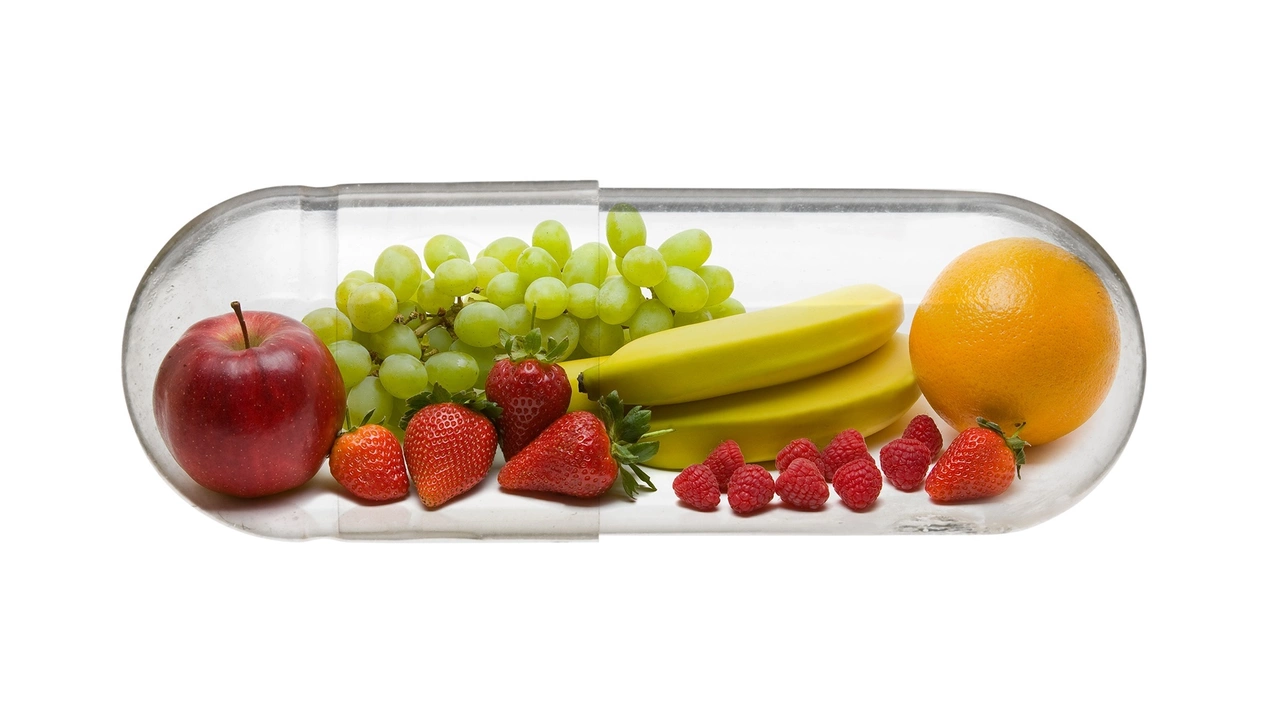Natural Dietary Supplement: A Practical, No-Nonsense Guide
Most store-bought supplements aren’t checked like prescription drugs. That leaves room for bad batches, wrong doses, or labels that overpromise. If you want benefits without surprises, use a simple plan: define your goal, check evidence, review safety, pick quality, and monitor results.
Quick checklist before you buy
1) Know your goal. Are you fixing a known deficiency, improving sleep, or helping blood sugar? Goals change which supplements make sense. 2) Check the evidence. Look for human trials or reputable reviews, not just testimonials. 3) Review interactions. If you take meds like blood thinners, ACE inhibitors, spironolactone, or metformin, ask a clinician—some supplements change drug effects. 4) Choose tested brands. Prefer labels that say USP, NSF, or ConsumerLab tested. Avoid vague “proprietary blends” that hide doses. 5) Start low and watch. Begin at a lower dose, wait 4–8 weeks, then reassess sleep, digestion, energy, labs, or side effects.
Common natural supplements and what to watch for
Vitamin D — Many adults are low. A 25(OH)D blood test shows status. Typical maintenance doses are 600–2,000 IU daily; higher doses need doctor supervision. Vitamin D changes calcium and can interact with some heart and kidney issues.
Omega‑3 (fish oil) — Good for inflammation and brain support. Aim for combined EPA+DHA around 250–1,000 mg daily for general health. High doses can raise bleeding risk if you’re on blood thinners.
Magnesium — Helps sleep, muscle cramps, and blood sugar. Magnesium citrate or glycinate is easier on the gut than oxide. Typical supplemental doses range 200–400 mg elemental; split doses if you get loose stools.
Probiotics — Strain matters. Look for specific strains (Lactobacillus rhamnosus GG, Bifidobacterium infantis) and a clear CFU count. Probiotics help some digestive issues, but they’re not one-size-fits-all.
Curcumin — Anti-inflammatory in studies but poorly absorbed alone. Choose formulas with piperine or a branded enhanced-bioavailability form. Expect gradual effects over weeks.
Berberine — Shows promise in small clinical trials for lowering fasting glucose and triglycerides, sometimes comparable to prescription options. That doesn’t mean you should self-treat diabetes—talk to your clinician first.
Herbs to be careful with — St. John’s wort affects many drugs by speeding liver enzymes. Kava and comfrey have safety concerns for the liver. If pregnant, breastfeeding, or on multiple meds, skip herbal mixes until you discuss them with a pro.
Final tips: keep a short supplement log (product, dose, start date, any effects). If you have chronic conditions or take prescription meds, get baseline labs (vitamin D, B12, liver function, INR if on warfarin) and recheck after a few months. Quality, evidence, and safety matter more than trendy labels. Your body will thank you for the cautious approach.
Carrageenan: The Natural Dietary Supplement Your Body Needs
Alright folks, let's dive into the fun world of dietary supplements - today's hot topic is Carrageenan! You may be scratching your head thinking, "Carr-what-now?", but this natural gem is actually a seaweed extract that your body will love! Don't be alarmed by its weird name, in the health space, it's practically a celebrity! Loaded with beneficial properties, Carrageenan is like the secret sauce your diet has been missing. So, let's welcome this superstar to our routine and give our bodies the health boost they've been craving!

